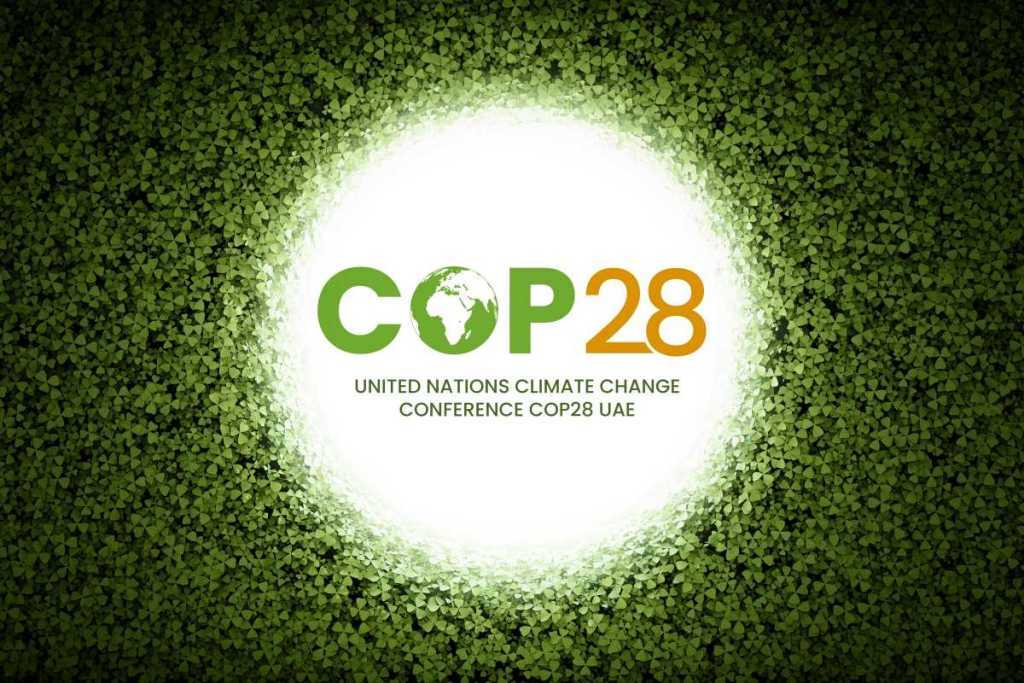 Trained as a Climate Reality Leader in Istanbul in 2013, Rituraj Phukan now serves as the National Coordinator for Biodiversity at The Climate Reality Project India and South Asia. An adventurer & naturalist from Assam, he is a member of the International Union for Conservation of Nature (IUCN) and sits on the board of many other NGOs, where he works towards alleviating the direct impact of climate change on water resources. His attention to the effects of climate change on water has driven his concerns over glacial loss in the water towers of Asia. He is currently working on an initiative to mobilise civil society action in the countries of the Himalayan region.
Trained as a Climate Reality Leader in Istanbul in 2013, Rituraj Phukan now serves as the National Coordinator for Biodiversity at The Climate Reality Project India and South Asia. An adventurer & naturalist from Assam, he is a member of the International Union for Conservation of Nature (IUCN) and sits on the board of many other NGOs, where he works towards alleviating the direct impact of climate change on water resources. His attention to the effects of climate change on water has driven his concerns over glacial loss in the water towers of Asia. He is currently working on an initiative to mobilise civil society action in the countries of the Himalayan region.
In this article, Phukan delves into the aftermath of the 28th Conference of Parties (COP28) of the United Nations Framework Convention on Climate Change (UNFCCC). In an insightful analysis, he dissects the implications of the "UAE Consensus," the shift in acknowledging fossil fuels as the primary driver of global heating, and the critical but contentious goal of transitioning away from coal. Against the backdrop of India's energy landscape, he explores the delicate balance required between economic growth, renewable energy ambitions, and the harsh realities of climate impact already felt across the country.
As COP28 has concluded with a global commitment to move away from fossil fuels, Rituraj Phukan's perspective is a pertinent one for understanding India's role, challenges, and opportunities in aligning climate policies with the emerging new world order.
Scroll down to read the full article:
The 28th Conference of Parties (COP28) of the United Nations Framework Convention on Climate Change (UNFCCC) ended a day later than scheduled with the acceptance of the Global Stocktake. The “UAE Consensus” has failed to address the concerns of developing countries like India, who need to balance the needs of their economic activities - especially burgeoning energy requirements - while financing a transition to renewables and helping millions already devastated by the impacts of climate change.
The COP text now recognizes fossil fuels as the primary driver of global heating for the first time but uses language like “transition away” rather than the more concrete “phase out”, and increases the timeframe to 2050 to achieve true net zero.
The call to accelerate the phase down unabated coal where the associated emissions are not captured, will require coal-dependent countries like India to evolve with the technologies available while accelerating the transition process. Currently, coal contributes over 49 percent of India’s total installed energy generation capacity of 4.17 lakh gigawatts.
However, the global stocktake text does call for tripling renewable energy capacity globally and doubling the global average annual rate by 2030, which is some improvement but we must also reduce our reliance on fossil fuels such as coal as quickly and to the greatest extent possible.
India was not a signatory to a declaration to triple renewable energy signed by over 100 countries, although the G20 Summit in New Delhi earlier this year also advocated for the same. It is a reflection of the inadequacy of climate finance for low middle-income countries like India to transition to a low-carbon economy. But finance is going to be essential for progress. In the words of Al Gore, Former US Vice President and founder of Climate Reality, "the beginning of the end of the fossil fuel era depends on the actions that come next and the mobilization of finance required to achieve them".
India has been one of the countries worst affected by climate change. From floods, droughts, storms, glacial lake outbursts and other manifestations having devastating consequences for mountain, riparian and coastal communities; alongside a water and food crisis across the country.
During the first week of COP, Prime Minister Narendra Modi pointed out the historical polluters for their role in causing the climate crises and not doing enough to alleviate the consequences being suffered by poor countries in the global south. He spoke about India’s rapid progress in wind and solar power and offered to host COP33 in India in the year 2028.
This year’s Climate Change Performance Index (CCPI), released while the COP28 negotiations were underway, ranks India at 7th, a spot better than last year. India received a high ranking in the categories of Greenhouse Gas (GHG) Emissions and energy use, but a medium in Climate Policy and Renewable Energy, as in the previous year.
Despite being the world’s most populous country, we have a relatively low per capita emission compared to developed countries. The CCPI data shows that in the per capita GHG category, the country is on track to meet a benchmark of well below 2°C. While there is a modest increase in the use of renewable energy sources, the pace of this transition remains disappointingly sluggish.
The Union Minister for Environment, Forest and Climate Change, Shri Bhupender Yadav, presented India’s national statement at COP28. The statement pointed out that India has successfully reduced the emission intensity vis-à-vis its GDP by 33% between 2005 and 2019, thus achieving the initial NDC target for 2030, 11 years ahead of the scheduled time. While this is highly commendable, the next stage should be to adopt a more ambitious target and set precedent.
India has also achieved 41% of electric installed capacity through non fossil fuel sources, nine years ahead of the target for 2030. Between 2017 and 2023, India has added around 100 GW of installed electric capacity, of which around 80% is attributed to non-fossil fuel-based resources, the statement revealed. India also launched the Green Credit Initiative at COP28 to create a participatory global platform for exchange of innovative environmental programs and instruments.
The CCPI reaffirmed India as one of the highest performers, but pointed out that our growing energy needs are still being met by heavy reliance on coal, along with oil and gas. The CCPI has reaffirmed India as one of the top performers, yet it highlighted that the country's expanding energy requirements continue to depend heavily on coal, as well as oil and gas. This reliance contributes substantially to greenhouse gas emissions and results in escalating air pollution, especially in urban areas.
With COP28 marking a new era of moving away from fossil fuels, our country has a great opportunity to further strengthen our position as a global leader by aligning climate policies to the emerging new world order.





 Trained as a Climate Reality Leader in Istanbul in 2013, Rituraj Phukan now serves as the National Coordinator for Biodiversity at The Climate Reality Project India and South Asia. An adventurer & naturalist from Assam, he is a member of the International Union for Conservation of Nature (IUCN) and sits on the board of many other NGOs, where he works towards alleviating the direct impact of climate change on water resources. His attention to the effects of climate change on water has driven his concerns over glacial loss in the water towers of Asia. He is currently working on an initiative to mobilise civil society action in the countries of the Himalayan region.
Trained as a Climate Reality Leader in Istanbul in 2013, Rituraj Phukan now serves as the National Coordinator for Biodiversity at The Climate Reality Project India and South Asia. An adventurer & naturalist from Assam, he is a member of the International Union for Conservation of Nature (IUCN) and sits on the board of many other NGOs, where he works towards alleviating the direct impact of climate change on water resources. His attention to the effects of climate change on water has driven his concerns over glacial loss in the water towers of Asia. He is currently working on an initiative to mobilise civil society action in the countries of the Himalayan region.







